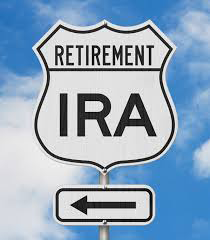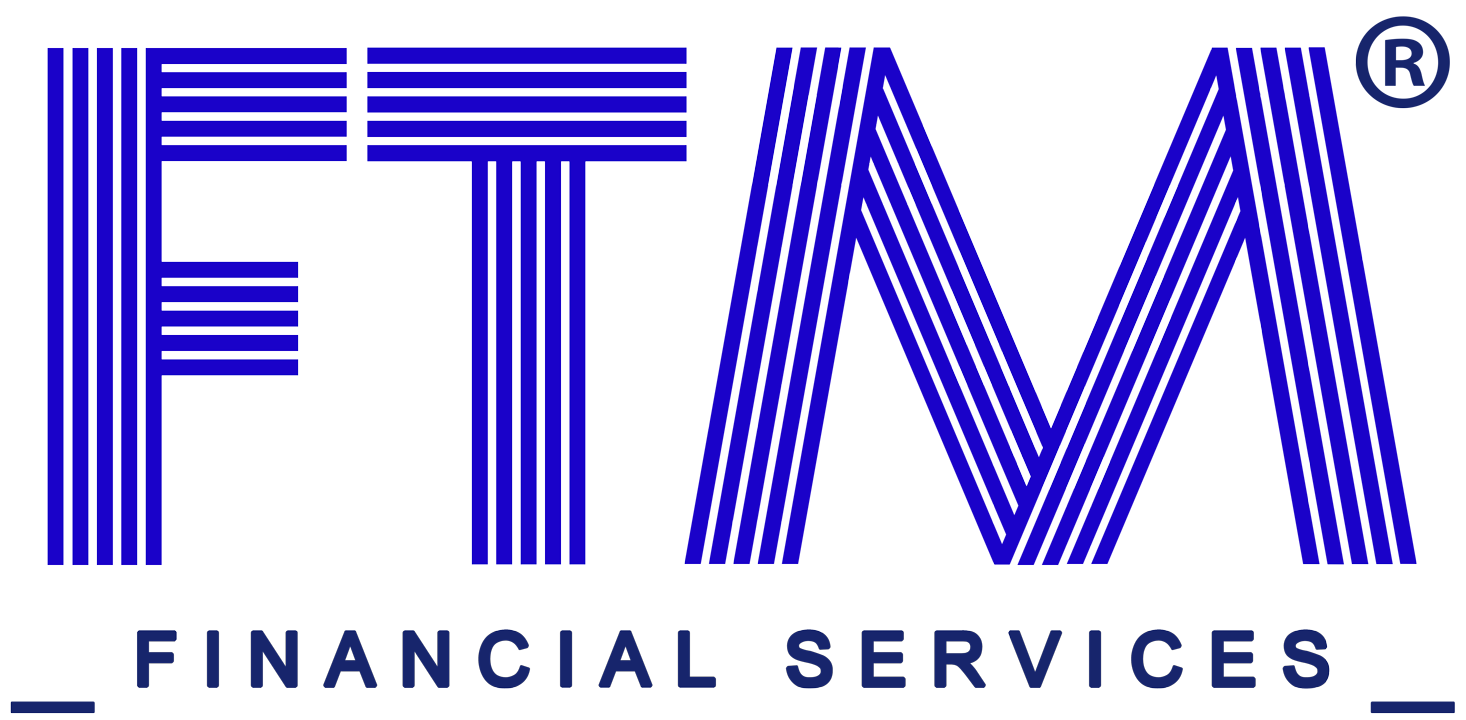401(k) Retirement plan ?
A 401(k) plan is an employer-sponsored retirement plan that allows you to save money for retirement while deferring income taxes on the savings until the time of withdrawal. Investments typically consist of mutual funds focusing on stocks (including, perhaps, your company’s stock), bonds, and money market funds or stable value investments.
It is called a “qualified” plan because a 401(k) account is subject to the rules specified by the IRS. These rules include limitations on annual contributions, penalties for distributions before retirement age, and other rules that may affect your ability to access or transfer funds.



401(k) Retirement plan ?
A 401(k) plan is an employer-sponsored retirement plan that allows you to save money for retirement while deferring income taxes on the savings until the time of withdrawal. Investments typically consist of mutual funds focusing on stocks (including, perhaps, your company’s stock), bonds, and money market funds or stable value investments.

It is called a “qualified” plan because a 401(k) account is subject to the rules specified by the IRS. These rules include limitations on annual contributions, penalties for distributions before retirement age, and other rules that may affect your ability to access or transfer funds.


Individual Retirement Account (IRA)?


An Individual Retirement Account (IRA) also allows you to save money for retirement. Like 401(k) accounts, IRAs are subject to rules specified by the IRS. An IRA is similar to a 401(k), but an IRA can be set up without the help of an employer.
An IRA is an account set up at a financial institution that allows an individual to save for retirement on a tax-deferred basis or Tax Advantage.
The 4 types of IRAs each have different advantages:
1. SEP IRA
2. Roth IRA
3. Traditional IRA
4. Rollover IRA

You contribute money "rolled over" from a qualified retirement plan into this traditional IRA. Rollovers involve moving eligible assets from an employer-sponsored plan, such as a 401(k) or 403(b), into an IRA.
Individual Retirement Account (IRA)?
An Individual Retirement Account (IRA) also allows you to save money for retirement. Like 401(k) accounts, IRAs are subject to rules specified by the IRS. An IRA is similar to a 401(k), but an IRA can be set up without the help of an employer.

An IRA is an account set up at a financial institution that allows an individual to save for retirement on a tax-deferred basis or Tax Advantage.
The 4 types of IRAs each have different advantages:

1. SEP IRA
2. Roth IRA
3. Traditional IRA
4. Rollover IRA
2. Roth IRA
3. Traditional IRA
4. Rollover IRA

You contribute money "rolled over" from a qualified retirement plan into this traditional IRA. Rollovers involve moving eligible assets from an employer-sponsored plan, such as a 401(k) or 403(b), into an IRA.
403(b) Retirement plan?
This type of retirement account functions similarly to a 401(k), but is specifically for nurses and employees of tax-exempt organizations such as public school employees, ministers or healthcare professionals. These plans are also known as tax-sheltered annuity plans, or TSA plans. A 403(b) plan is similar to a 401(k), but is only available to certain organizations.



403(b) Retirement plan?

This type of retirement account functions similarly to a 401(k), but is specifically for nurses and employees of tax-exempt organizations such as public school employees, ministers or healthcare professionals. These plans are also known as tax-sheltered annuity plans, or TSA plans. A 403(b) plan is similar to a 401(k), but is only available to certain organizations.



What is Rollover?
Depending on your circumstances, you may be able to take the money from your existing retirement account and transfer it into a different vehicle without suffering immediate tax consequences.
Annuities funded with an IRA or 401(k) rollover are “qualified” plans, enabling an insurance company to create an “IRA annuity,” into which you can deposit your retirement funds directly. Additionally, you can have your employer roll over your 401(k) funds into an annuity without withholding any taxes since no mandatory withholding requirements pertain to funds directly transferred into an annuity by an employer.
What is Rollover?

Depending on your circumstances, you may be able to take the money from your existing retirement account and transfer it into a different vehicle without suffering immediate tax consequences.
Annuities funded with an IRA or 401(k) rollover are “qualified” plans, enabling an insurance company to create an “IRA annuity,” into which you can deposit your retirement funds directly. Additionally, you can have your employer roll over your 401(k) funds into an annuity without withholding any taxes since no mandatory withholding requirements pertain to funds directly transferred into an annuity by an employer.
Purpose of Rollover ?

Many individuals have their retirement plan funds tied to mutual funds, stocks, and bonds. This means that these retirement account values are subject to market risk.
Rolling your qualified plan into an Annuity gives you a continued tax shelter, while permitting you a huge range of index options, guarantee of principle options, and living and death benefits that can protect you and/or your family whether the stock and bond markets go up or down.






Purpose of Rollover ?


Many individuals have their retirement plan funds tied to mutual funds, stocks, and bonds. This means that these retirement account values are subject to market risk.
Rolling your qualified plan into an Annuity gives you a continued tax shelter, while permitting you a huge range of index options, guarantee of principle options, and living and death benefits that can protect you and/or your family whether the stock and bond markets go up or down.





Please Ask Questions
Start or check on your IRA 401K 403B TSA Rollover & Retirement planing
LEARN MORE CONTACT US NOW APPLY NOW & SETUP MEETING
LEARN MORE CONTACT US NOW APPLY NOW & SETUP MEETING

Please Ask Questions
Start or check on your IRA 401K 403B TSA Rollover & Retirement planing
LEARN MORE CONTACT US NOW APPLY NOW & SETUP MEETING
LEARN MORE CONTACT US NOW APPLY NOW & SETUP MEETING


